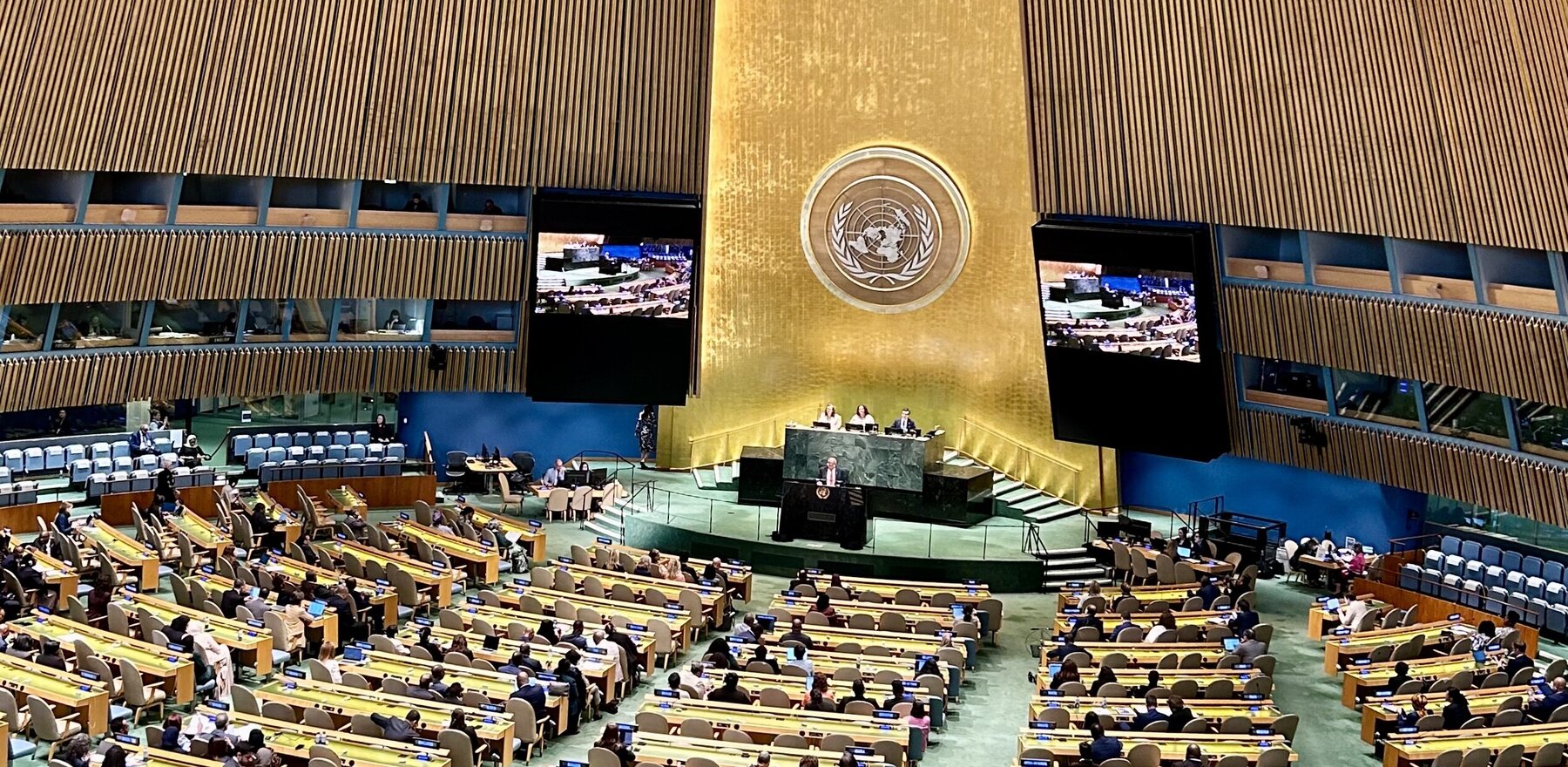Lehigh University made history as the only university invited to the United Nations Climate Summit, part of a remarkable week that also saw students participating in high-level UN meetings on women’s rights, global health, and youth leadership.
Lehigh University achieved a remarkable milestone when it became the only university in the world invited to the United Nations Climate Summit, marking a historic first in the 21-year history of the LU/UN Partnership.
On Sept. 24, seven Lehigh students and Professor David Casagrande joined 109 heads of state at the Climate Summit, co-chaired by the Brazil President Luiz Inácio Lula da Silva. The event was one of several remarkable opportunities for Lehigh students and faculty at the U.N. that week.
In addition to the Climate Summit, Lehigh students attended high-level meetings and conferences throughout the week, representing global organizations and engaging with world leaders on issues ranging from women’s rights to public health.
In the Room with World Leaders
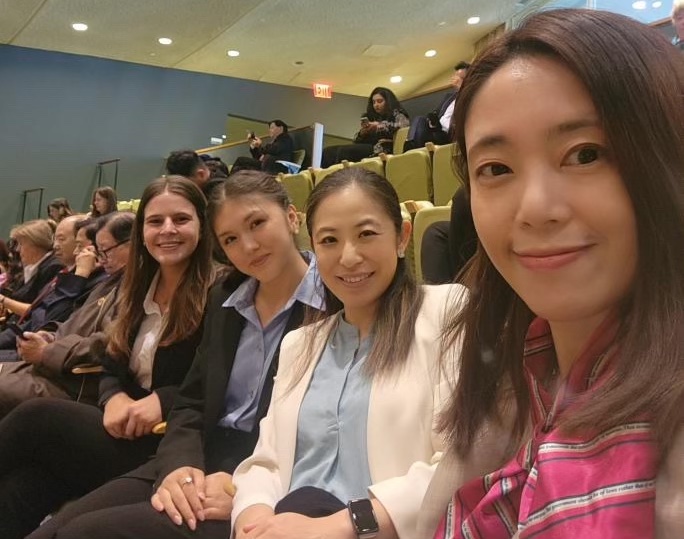
"I am still amazed that Lehigh was the only university in the world invited to attend the Climate Summit," said Bill Hunter, Director of Fellowship Advising and UN Programs at Lehigh. "It's a testament to the strength of our network at the UN and the reputation among our UN colleagues.”
For Casagrande, a professor of environmental studies who teaches about climate negotiations in his classes, being in the room was deeply moving.
"It was very emotional," he said. "I know the speeches, I know the arguments, I know the players, but that was the first time I actually was in the same room with them."
He was particularly struck by speeches from small island nations facing existential threats from climate change.
"These small island states like Tuvalu and Kiribati are really the first countries that are going to experience the most rapid effects of climate change, in particular, sea level rise," Casagrande said. "Their countries will be uninhabitable, certainly within the next few decades, and so they're having to relocate their entire population."
A Shift in the Global Conversation
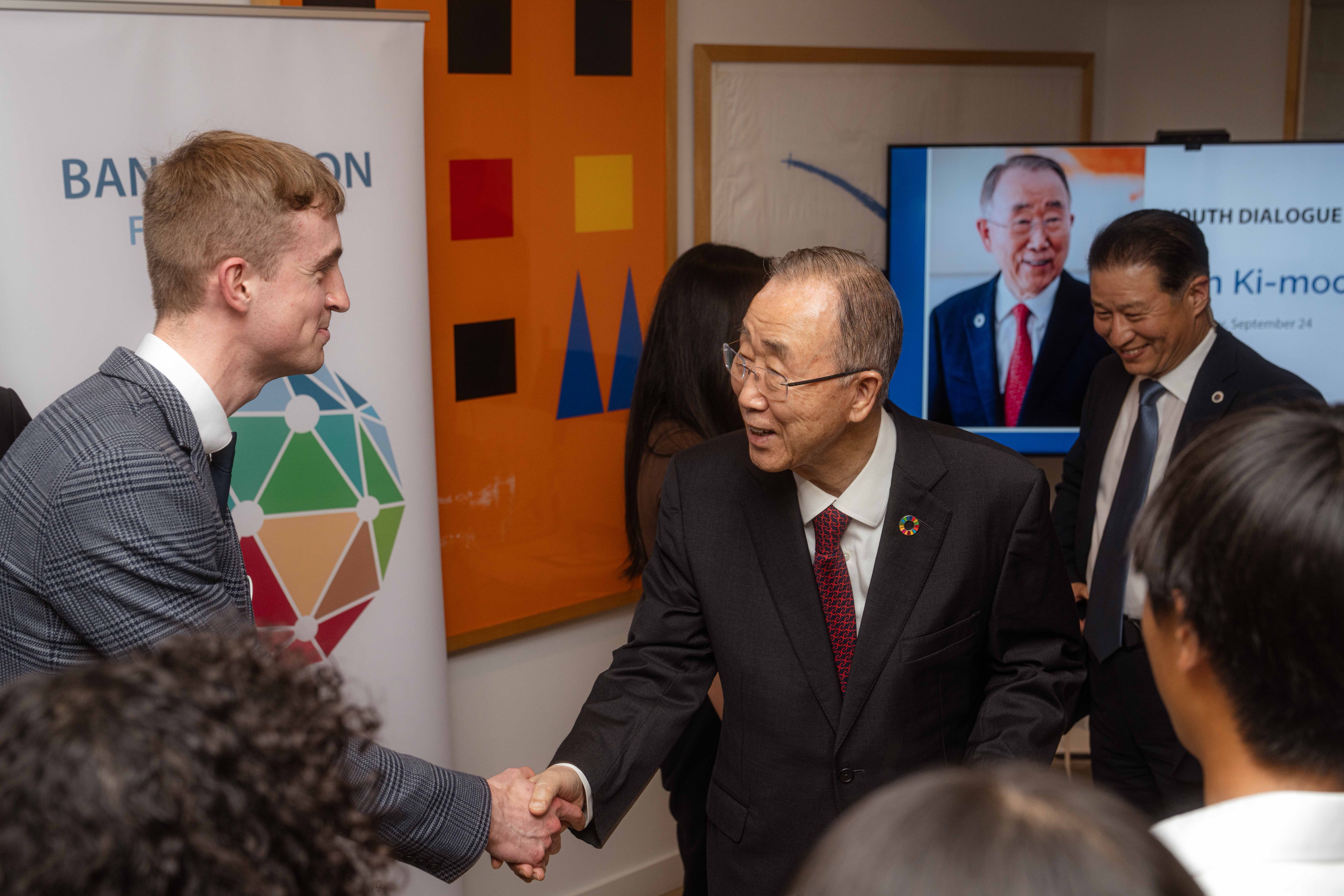
Casagrande also observed a major shift in the global climate conversation, with many least developed countries now taking leadership roles.
"Every single least developed country that got up not only said what their targets were to reduce their greenhouse gas emissions, but some of them were already Net Zero," he said. "They were showing the rest of the world how it should be done."
The Climate Summit wasn't the only historic moment for Lehigh that day. The university's Rhodes Scholar candidates, along with senior Vitalii Martyniak, attended a private meeting with former UN Secretary-General Ban Ki-moon—another first for the university. Martyniak had interned at the Ban Ki-moon Foundation over the summer.
"It was incredible to hear Ban Ki-moon speak in person to a room full of youth leaders, advocates, and students," Martyniak said.
"The Secretary-General spoke about his youth years in Korea, the importance of a united global response to ongoing conflicts, including the one between Russia and Ukraine, the role of youth leadership in shaping not only the future but also the present, and the critical task of advancing gender equality worldwide,” he said. “His words of advice to nurture morality and embrace Lao Tzu's highest virtue of being like water impressed me particularly."
Advocating for Women’s Rights
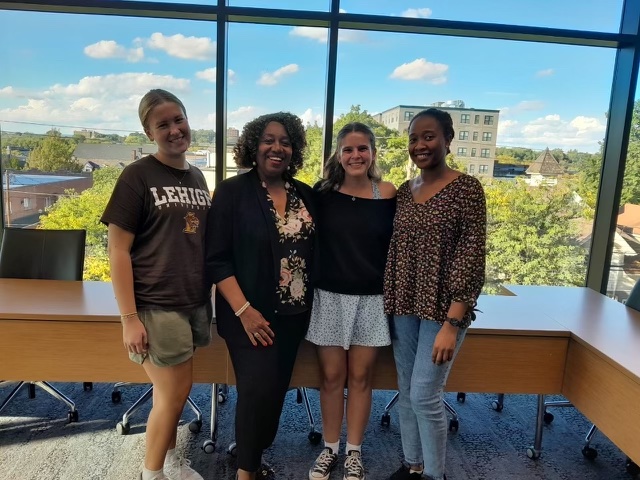 Days earlier, on Sept. 22, Annabelle Parker ‘28 attended a high-level meeting commemorating the Thirtieth Anniversary of the Fourth World Conference on Women, representing the Widow's Development Organization (WiDO), Nigeria, as one of its three youth representatives.
Days earlier, on Sept. 22, Annabelle Parker ‘28 attended a high-level meeting commemorating the Thirtieth Anniversary of the Fourth World Conference on Women, representing the Widow's Development Organization (WiDO), Nigeria, as one of its three youth representatives.
"At this meeting, all of the presenters were powerful political representatives, including queens, presidents, and prime ministers," Parker said. "I was impressed by their insights on the issue of women's rights, and it was interesting to hear how those perspectives differed by country and region."
Parker described being initially nervous but quickly finding her footing as she connected with civil society members from around the world.
"I especially enjoyed sitting with one woman from Afghanistan and two from Hong Kong," she said. "Hearing their stories, which were entirely different from my own, was definitely a highlight."
Focus on Women’s Rights, Global Health
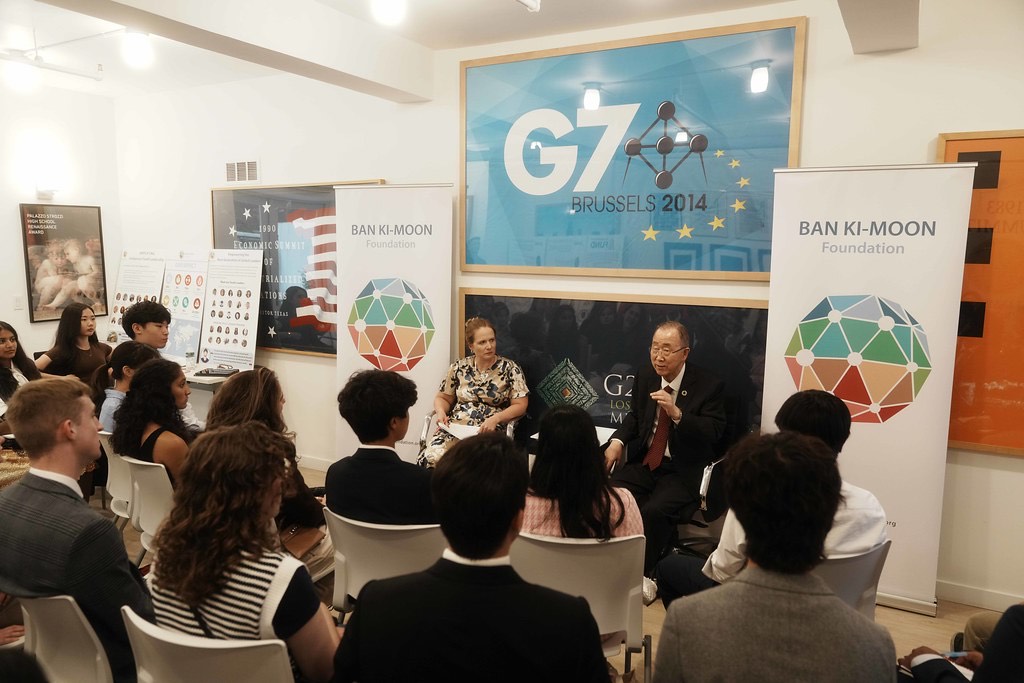 The meeting focused on both the progress achieved in women’s rights over the past 30 years and the challenges that remain. Parker said many leaders showed surprising transparency about where their countries fall short. Key topics included work-family balance policies, reproductive rights, and LGBTQ+ rights, with participants expressing diverse views while maintaining mutual respect.
The meeting focused on both the progress achieved in women’s rights over the past 30 years and the challenges that remain. Parker said many leaders showed surprising transparency about where their countries fall short. Key topics included work-family balance policies, reproductive rights, and LGBTQ+ rights, with participants expressing diverse views while maintaining mutual respect.
"This experience has taught me how to better network with people, which is a crucial part of advocacy work," Parker said. "The conference taught me that advocacy will look different in different countries and different cultures, so it's vital to understand the culture that you will be working with."
On Sept. 24, Amelia Chandless represented Lehigh at the Climate Summit as a youth representative for the Nadam Foundation, India. The following day, UN Youth Representative Samiha Islam ‘28 attended the High-Level Meeting on Non-Communicable Diseases at the UN General Assembly, representing Caring and Living as Neighbours (CLAN), Australia.
Hunter said the high-profile UN events Lehigh attended signaled a new era for Lehigh's international engagement.
"With our new ECOSOC NGO status, Lehigh is poised to dramatically increase our presence and impact at the UN," Hunter said. "Soon we will have a cohort of faculty members serving at the UN on Lehigh's behalf, greatly increasing our reach, and enabling our faculty to help shape global policy."
Hunter added that the partnership "has more potential now than at any point in our 21-year history."
